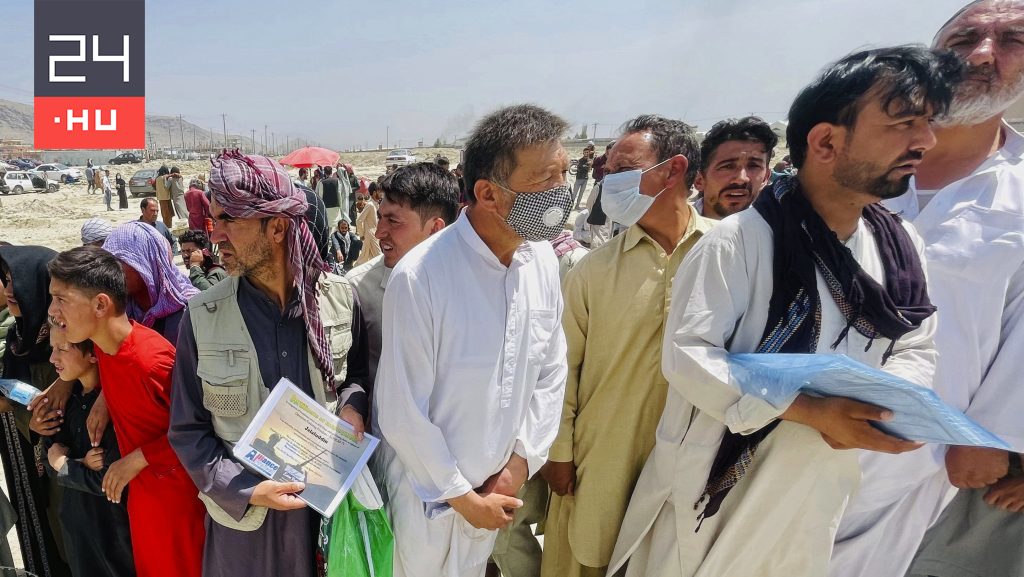They fear a humanitarian catastrophe not only because of the Taliban but also because of the weather.
One in three Afghans is at risk of food shortages due to climate change and armed conflict. This was stated by the head of the Afghanistan office of the World Food Programme. Mary Ellen McGarraty He told AFP that the situation was dangerous even before fighting resumed, and food shortages were exacerbated by the coronavirus epidemic.
Afghanistan will experience a second drought in three years, and this winter is the driest in the past 30 years: water supplies are exhausted, livestock are depleted. In many places, not only natural disasters, but also fighting, prevented the harvest. Various armed groups destroyed large agricultural lands, and workers in these lands fled their homes. Mary Ellen McGarraty added that the clashes caused bridges to collapse and roads to become impassable.
The movement noted that the aid organizations of the United Nations had indicated in the past that they fear a humanitarian catastrophe due to the rapid progress of the Taliban. World Food Program spokesperson, Thomson Ferry Then he said only about two million children needed help. The organization will need $200 million by the end of the year to be able to provide food to those in need.






